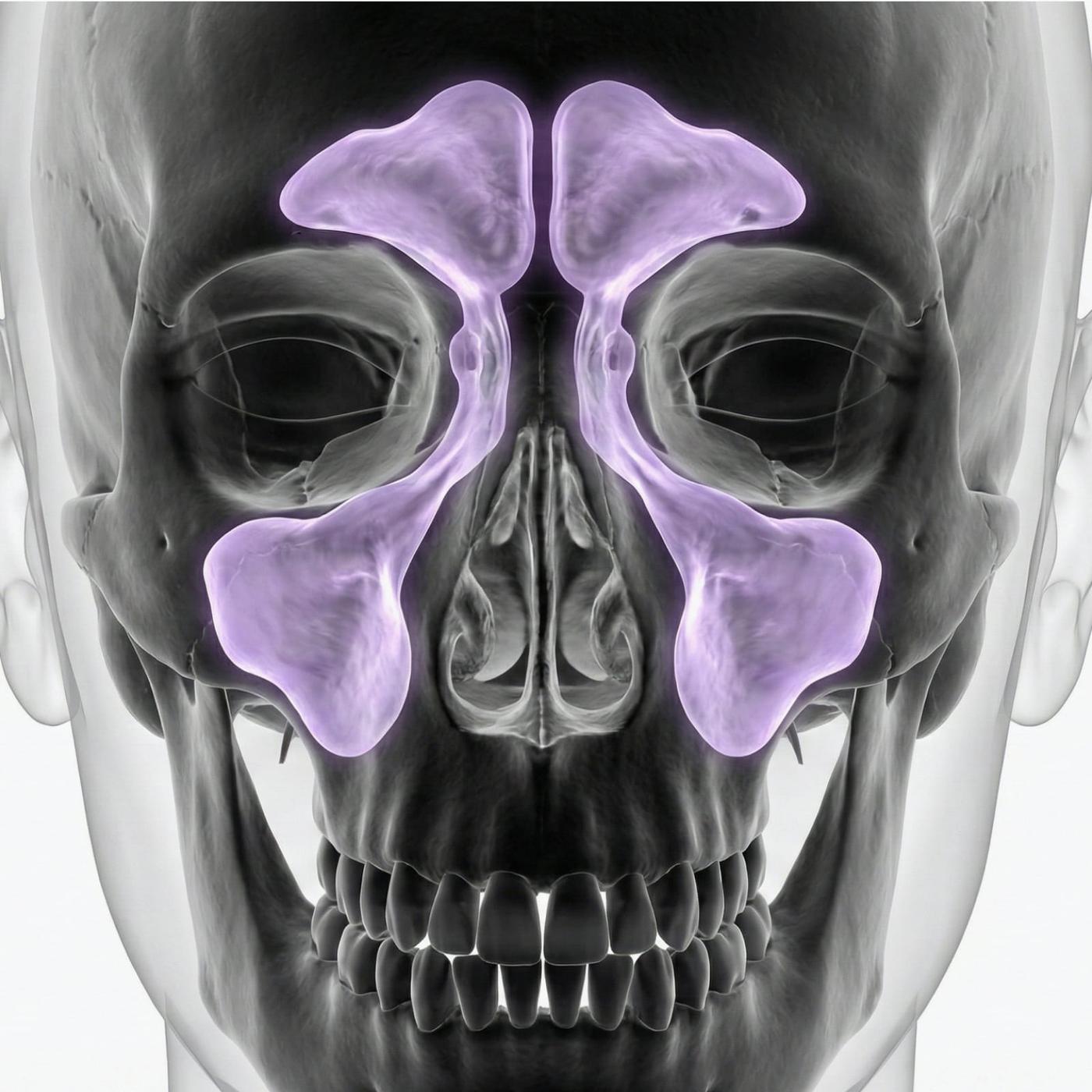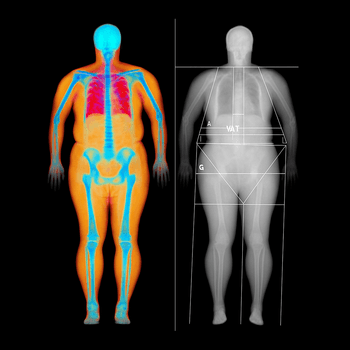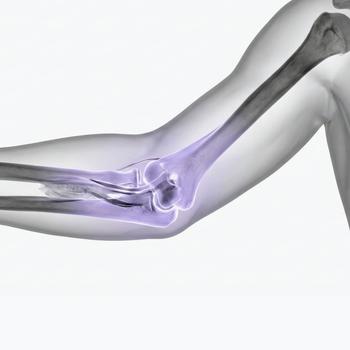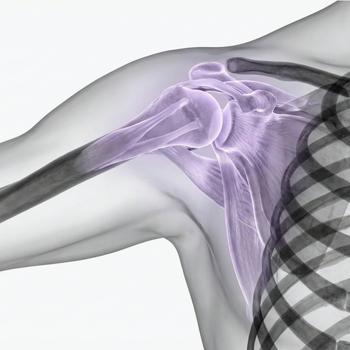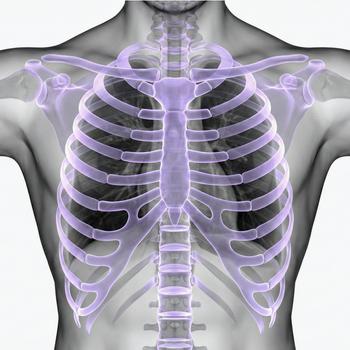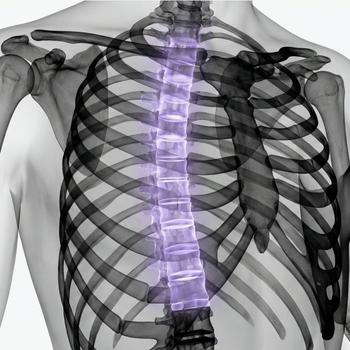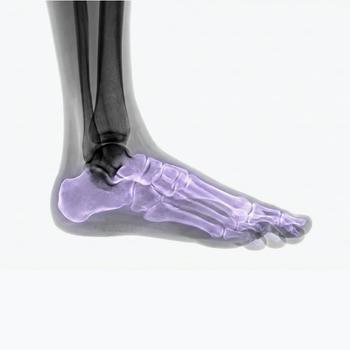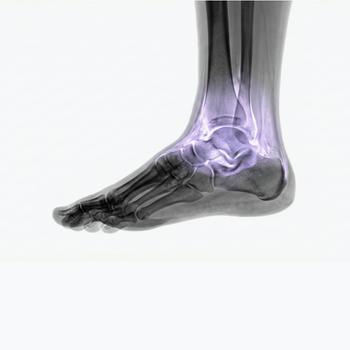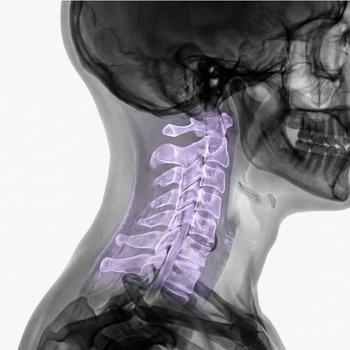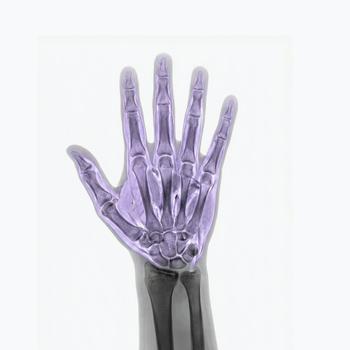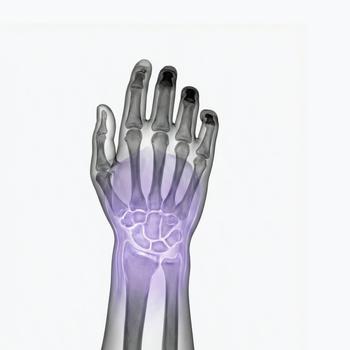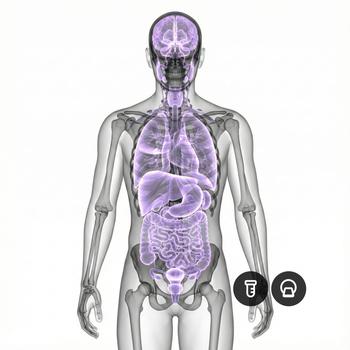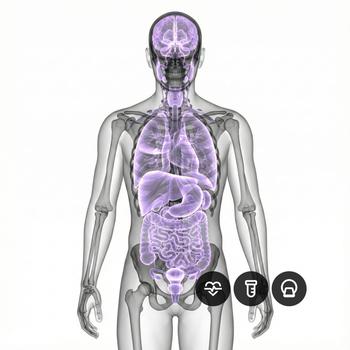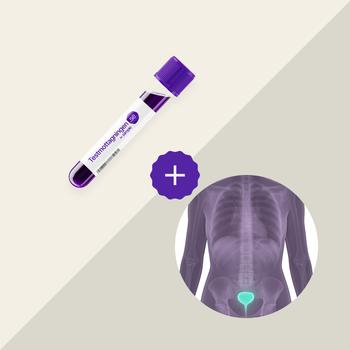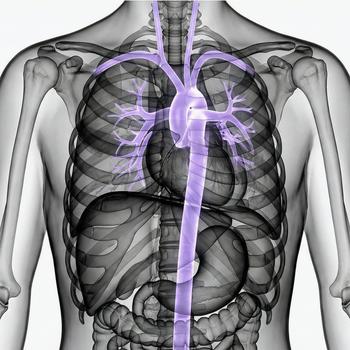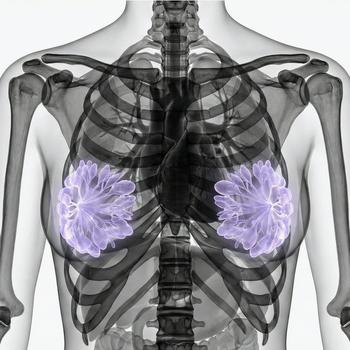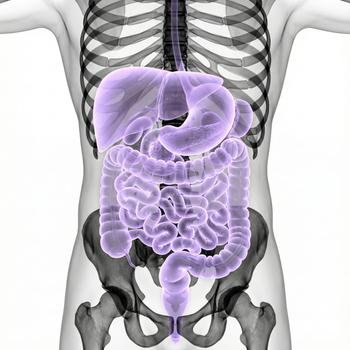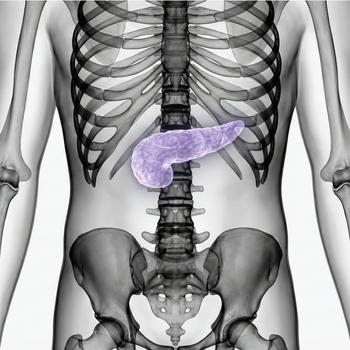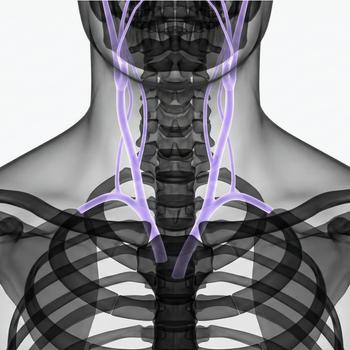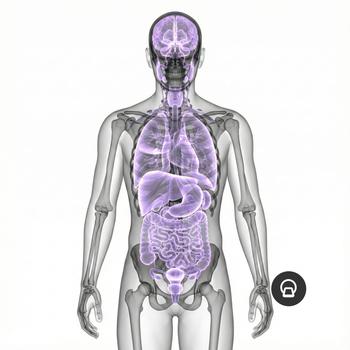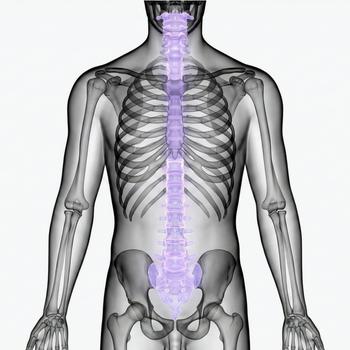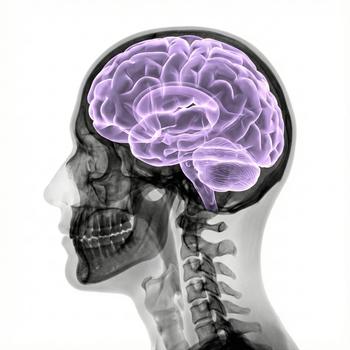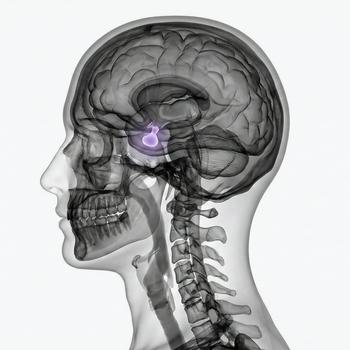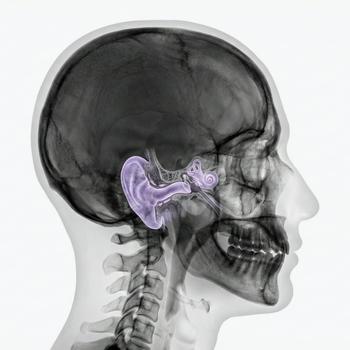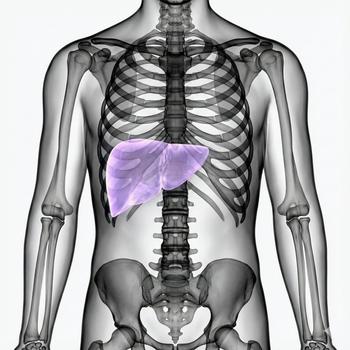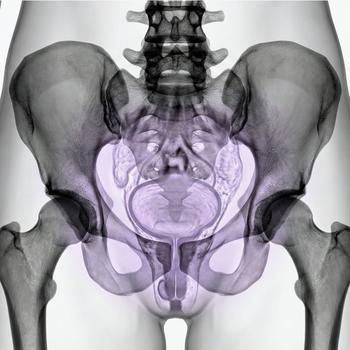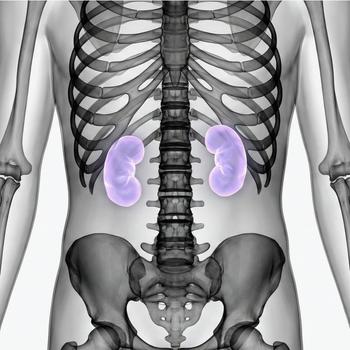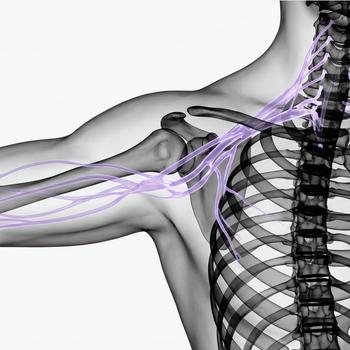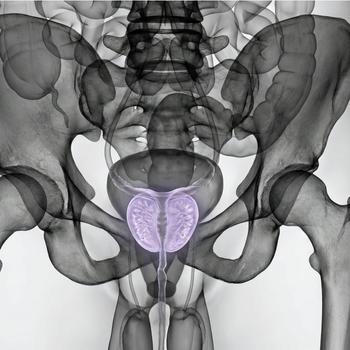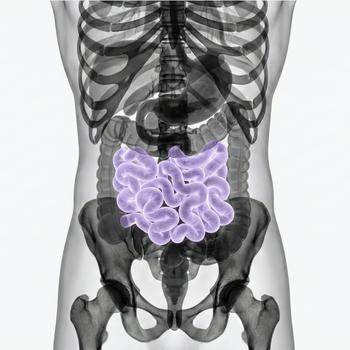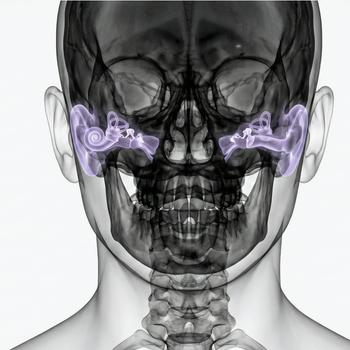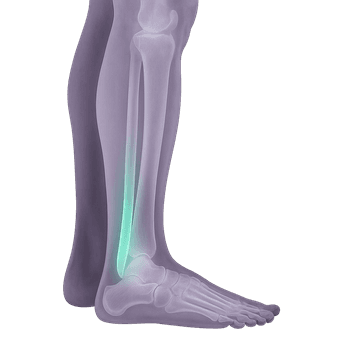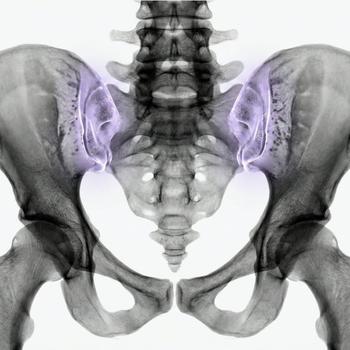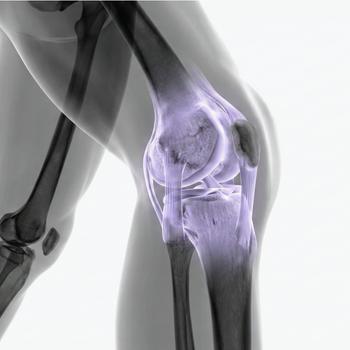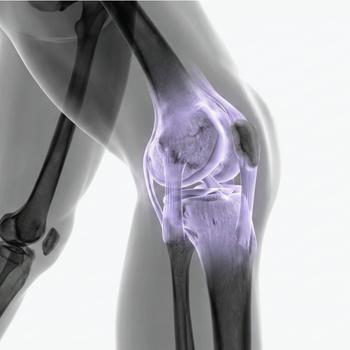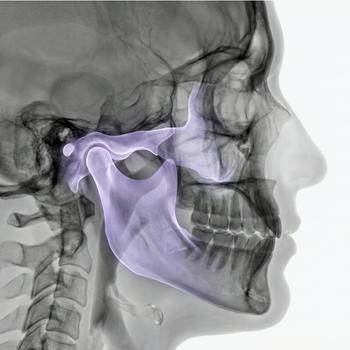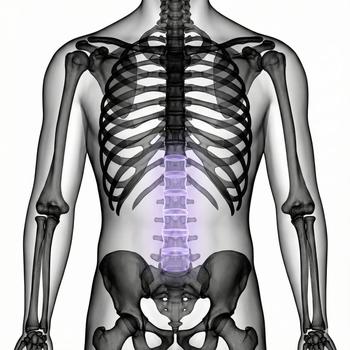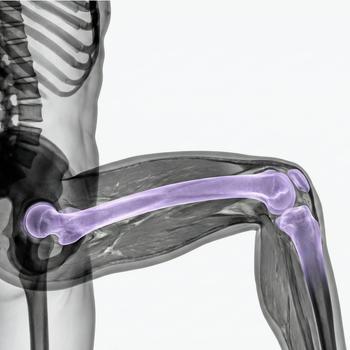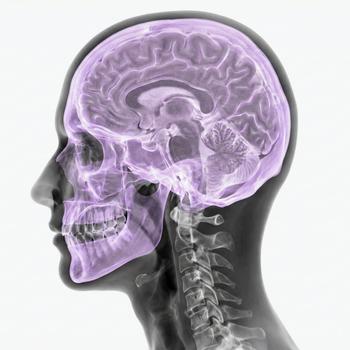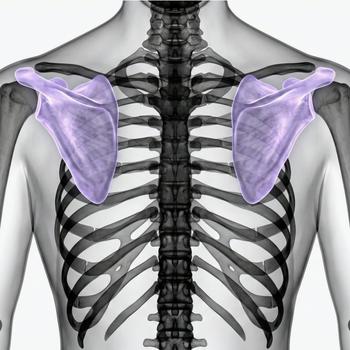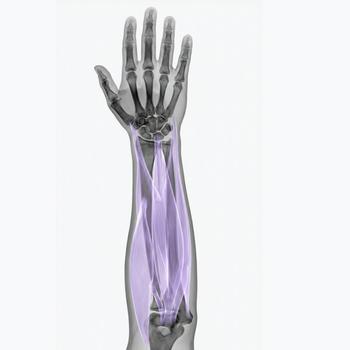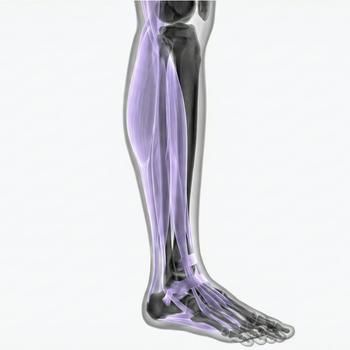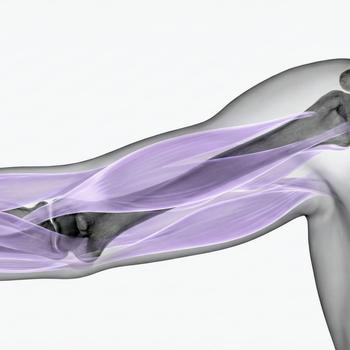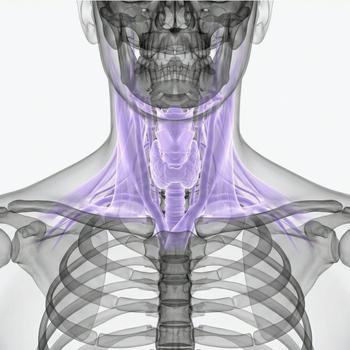MRI Sinus – Scan of the sinuses and facial skeleton
Do you experience long-term nasal congestion, recurrent sinusitis, pressure over the face or suspicion of a tumor in the facial region? Then an MRI of the sinuses can be an important step in the investigation. Using an MRI, high-resolution images of the sinuses, nasal cavity, facial skeleton and nearby soft tissues are created - completely without radiation.
MRI sinuses are used when there is a suspicion of a tumor, chronic sinusitis, infections that have not responded to treatment or to map structures prior to surgery. It is particularly valuable when you need detailed information about tissues that are not visible as clearly with regular X-rays or computed tomography.
When is MRI of the sinuses and facial skeleton recommended?
The examination is recommended for long-term or unclear symptoms from the sinuses and nasal cavity, and when the doctor suspects changes that require in-depth imaging diagnostics. It is also a common examination before surgical procedures in the area.
- Long-term or chronic sinusitis (chronic sinusitis).
- Pressure, swelling or pain in the forehead, cheekbone or bridge of the nose.
- Suspected tumor, cyst or polyp in the sinus area.
- Infection that has spread to surrounding tissue.
- Mapping of vascular malformations or suspected abscess.
What does an MRI of the Sinus show?
- Swelling or fluid level in the sinuses during inflammation.
- Changes in the mucous membranes, nasal passages or septum.
- Bone involvement in the facial skeleton (e.g. erosion or infiltration).
- Tumors, polyps or cystic changes.
- Vascular malformations, infections or abscess formation.
Order an MRI of the Sinus
The examination is completely painless and usually takes 20–30 minutes. You lie comfortably in the MRI scanner while images are taken of the skull, sinuses and facial region. No X-rays are used. A referral is issued in connection with your booking, and you will receive a written opinion from a specialist within a few days.
Please note that MRI cannot be performed if you have certain metal implants, pacemakers or other contraindications – our staff always checks this via a safety form before the examination. Pregnant women before week 12 are only examined for special reasons. Contrast agents are avoided if GFR






















